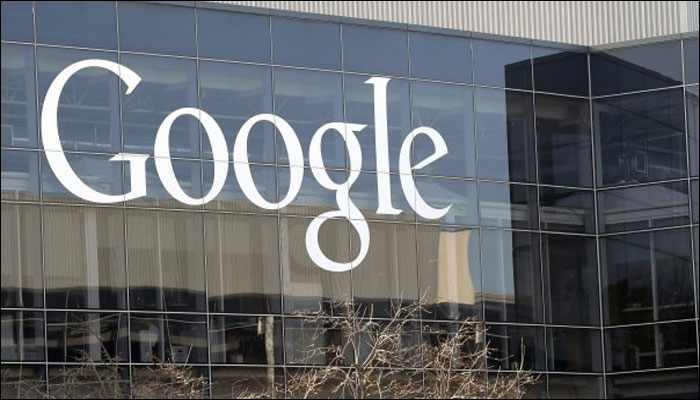
Google Trains a machine to Predict the Time of Death. Artificial intelligence from Google can predict how long to stay in a hospital, how likely it is for new admission and even when the patient will die.
According to Google, the system is more accurate than current solutions and costs less time and effort, Bloomberg and Vital News reports Tuesday.
The news agency relies on research results published by Google in collaboration with Stanford University in Nature.
Hospitals already make risk analyses of patients themselves, but there is a lot of manual work involved. All available information must be entered correctly into the system, which would take 80 percent of the time of the full analysis.
The artificial intelligence of Google, however, works by a neural network. As a result, physicians can enter virtually all available information blindly, and analysis carried out entirely automatically.
Accurate prediction
The Google system can interpret information that is usually not included, such as handwritten notes and essential parts of old PDF files.
Thus, according to Google, artificial intelligence gets a much more complete set of data, and more precise predictions are possible.
An example of a woman who brought into the hospital with an advanced form of breast cancer, mentioned in Google’s research. The hospital’s method gave the woman a 9.3 percent chance of dying in the hospital.
The Google system estimated a 19.9 percent chance. The woman died two weeks later.
As a matter effect, artificial intelligence analysed 175,639 data points about the patient, including handwritten notes.
Compared this information with all other data that the system has learned about other patients in similar situations.
Billions of data points
In total, Google analysed 216,221 hospital admissions with 114,003 patients, accounting for more than 46 billion data points. Such amounts of data would hardly be possible to examine without the intervention of self-learning systems.
The next step for Google is to install the system in more clinics. It should be used to recognise diseases at an early stage using symptoms that would usually go undetected.
Google emphasises in its research that the information used is anonymous and well-secured, thought patients give consent to obtain reports.
In 2017, 1.6 million British patients leaked in a comparable project. The British regulator tipped Google after data leakage.
